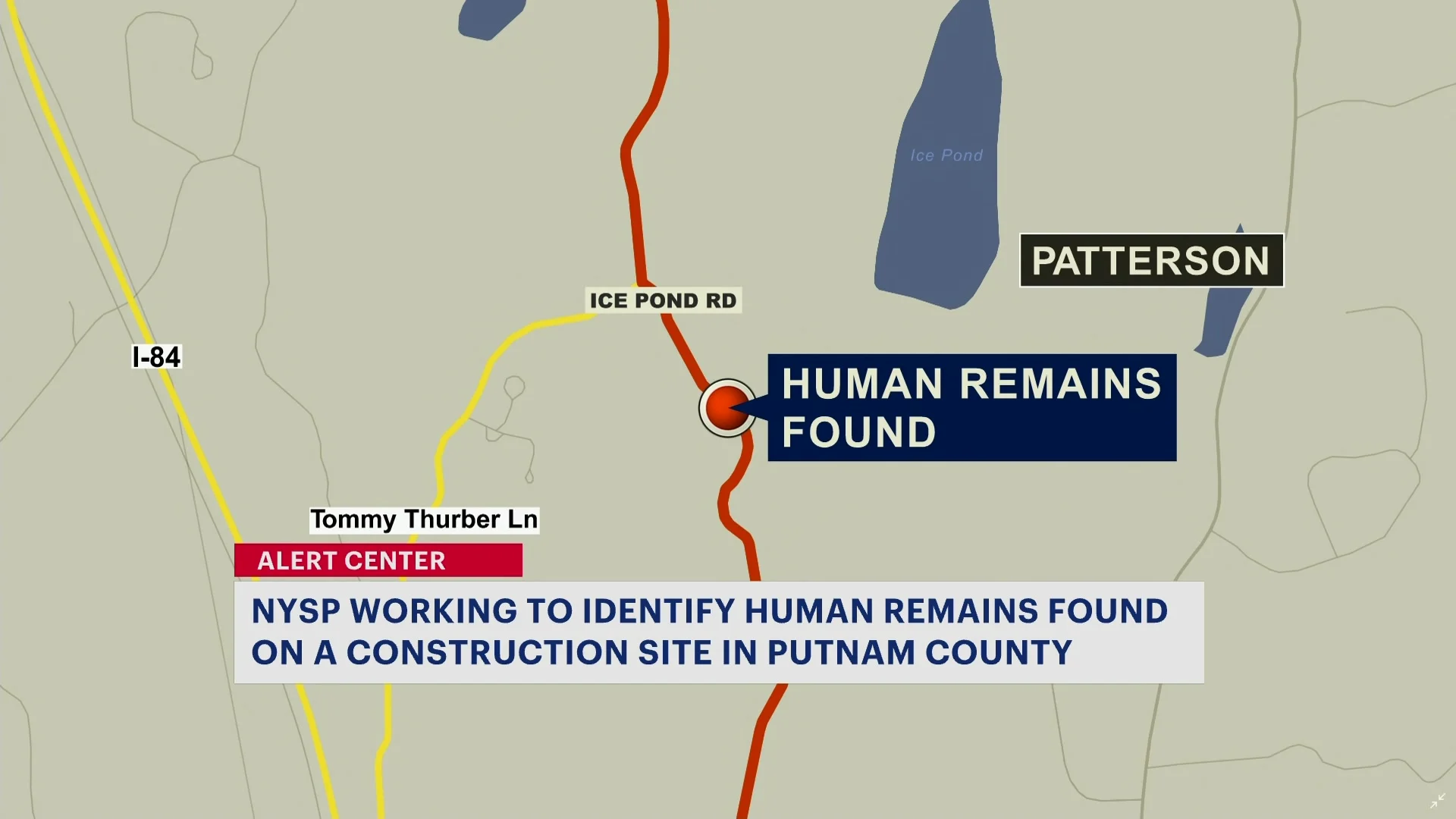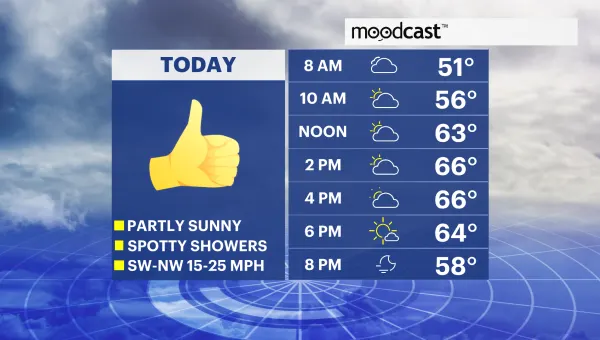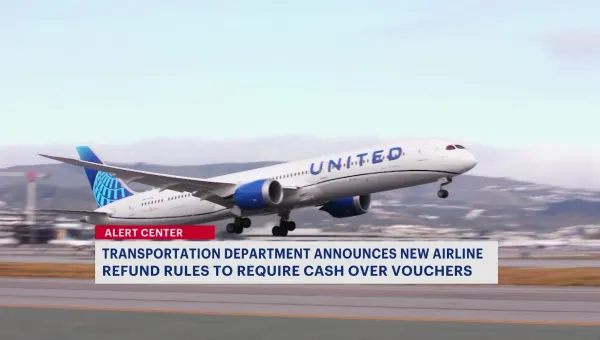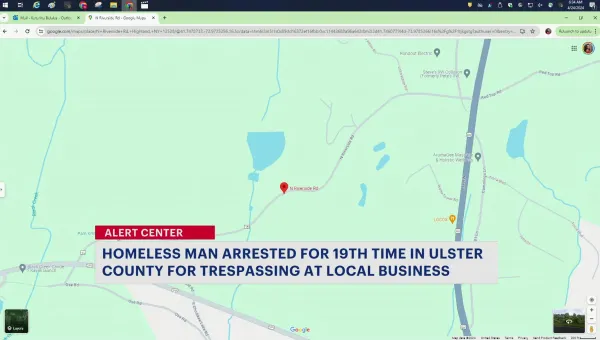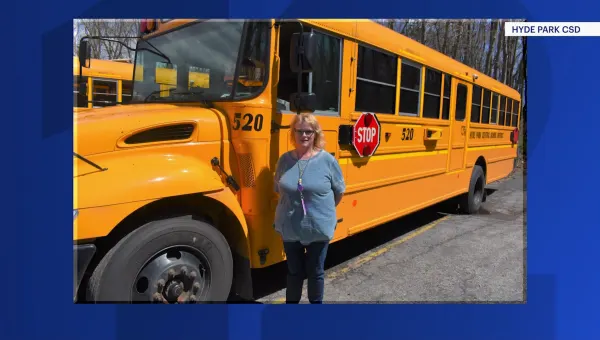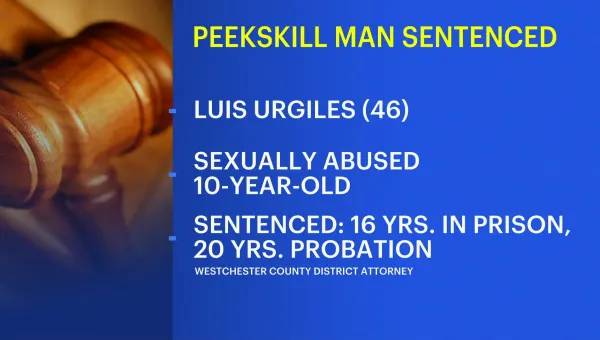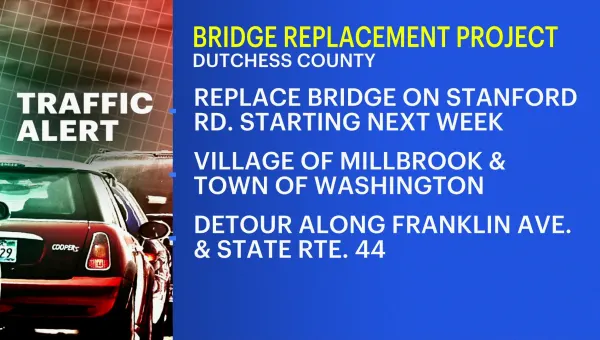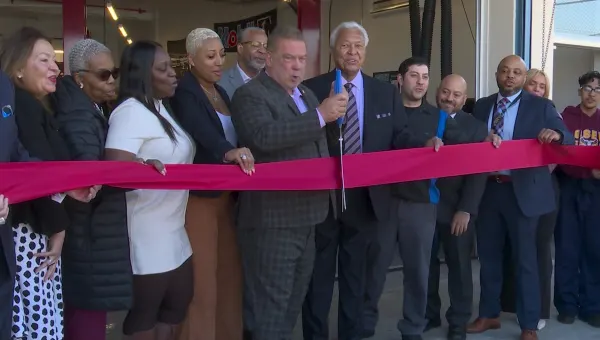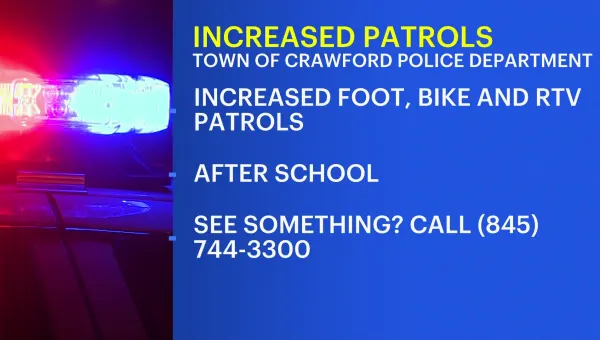An update to a Kane In Your Corner investigation.
In a previous investigation, News 12 New Jersey’s Walt Kane revealed how some amusement park patrons reported suffering crippling concussions on high-speed roller coasters in New Jersey, only to have those injuries not get recorded in government records as required by law. Some doctors fear the problem will get even worse under new, looser state regulations which allow parks to report far fewer injuries than before.
For the Yevchak family of Neptune, a family trip to Great Adventure in April, 2017, turned into a yearlong battle with post-concussion syndrome. Seventeen-year-old Sophie was shaken up while riding Nitro. Her mother, Kathy, says Sophie suffered from headaches, dizziness, light sensitivity and other concussion-related symptoms for months.
Emails show the Yevchaks reported the incident to Six Flags. By law, the park should have reported the case to the New Jersey Department of Community Affairs, which should have logged it in the state’s amusement park injury database. But there’s no record of Sophie’s injury, and she isn’t alone. In fact, the Yevchak’s only came forward because of a Kane In Your Corner’s investigation last summer.
“I saw your first story and I said ‘Oh my gosh, there are other kids that this is happening to,’” Kathy Yevchak says.
In the summer of 2017, Kane In Your Corner hadn’t started investigating concussions yet. But by comparing the state accident database with personal injury lawsuits, they found that amusement parks across the state appeared to be blatantly underreporting ride-related injuries. State officials promised a swift and thorough investigation.
But after months of investigating, the DCA only penalized one park, Clementon, for failing to report a single accident. And in January, they changed the reporting rules, to require parks to report far fewer cases. The old regulations required parks to report any “ride-related injury requiring first aid. The new ones only require reporting of incidents “involving a death or serious injury.”
Lesser injuries can now merely be logged by the park operator. While the logs have to be made available to inspectors, they never have to be sent to the state or logged in the database, which means the public will never know about them.
DCA spokesperson Lisa Ryan insists “the department takes carnival ride injury reporting very seriously,” adding, “We examined the reporting requirements and concluded that for minor incidents that require first aid, we ask that the owner log these incidents… to make rides safer if need be and to examine any re-occurring problems.”
But some say the DCA is doing the exact opposite of that. “They’re actually loosening the standards and loosening the reporting,” says attorney Dan Hetznecker, who has battled the amusement park industry. “There’s a risk of losing out on information that would be beneficial for public safety.”
Neurologist Scott Pello says the looser reporting rules could especially pose a problem for concussion patients like Sophie Yevchak, because symptoms of concussion are often not immediately apparent. “At least 50 percent, but probably closer to 75 to 80 percent, probably don’t even know that they’re experiencing anything out of the ordinary until a couple of days after the incident happens,” he says.
